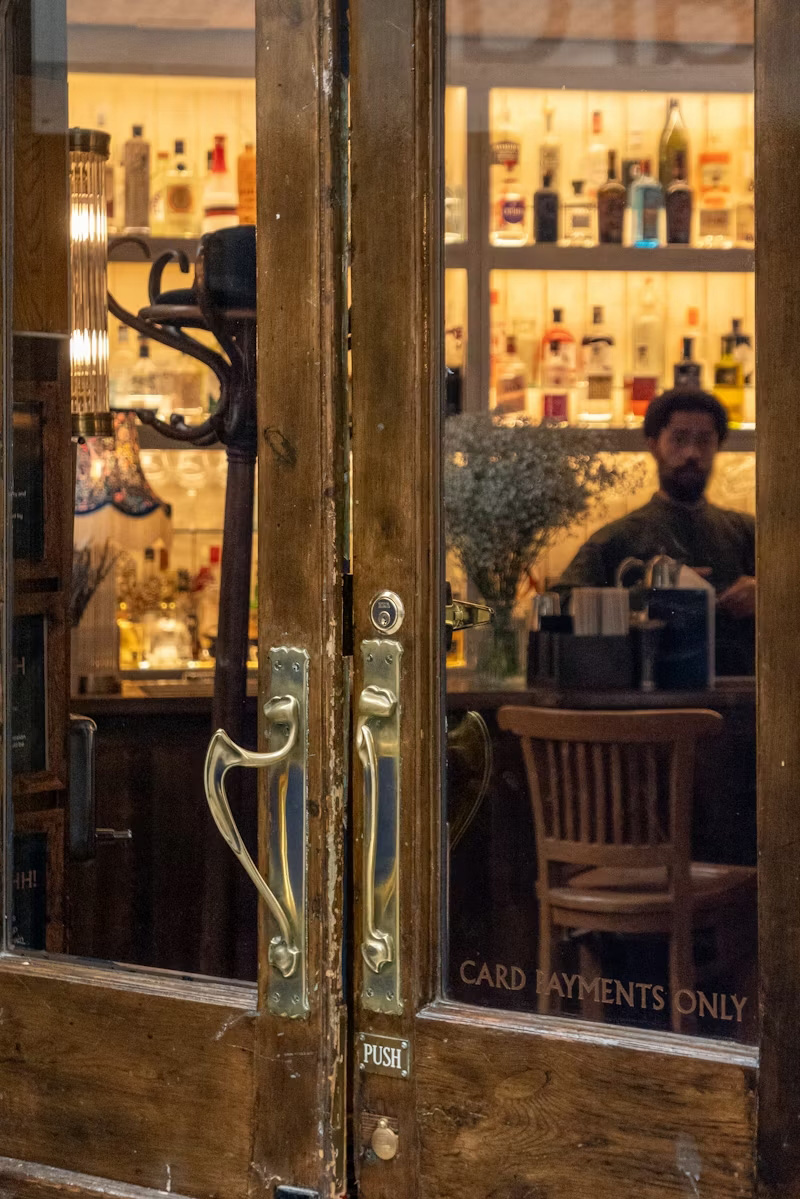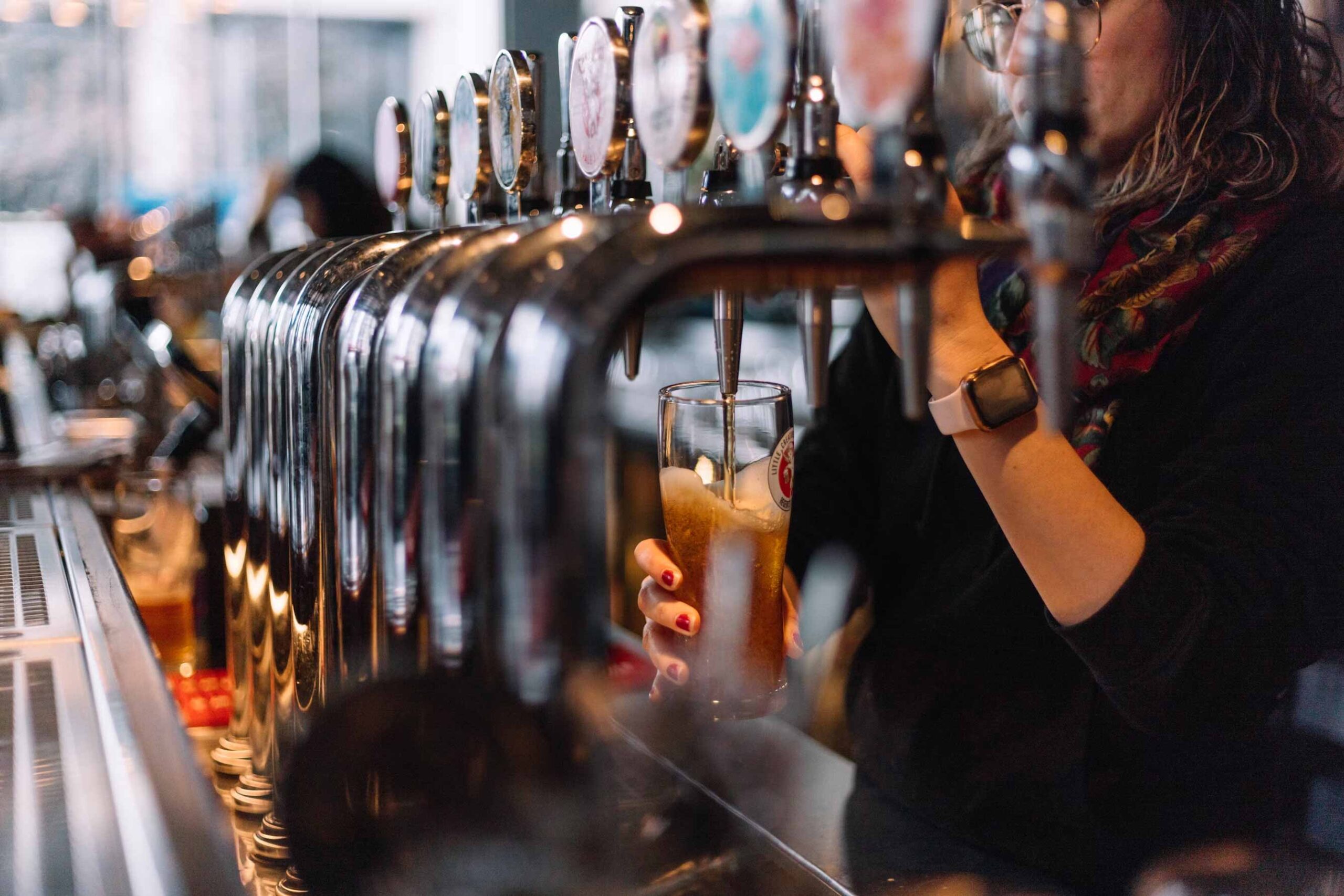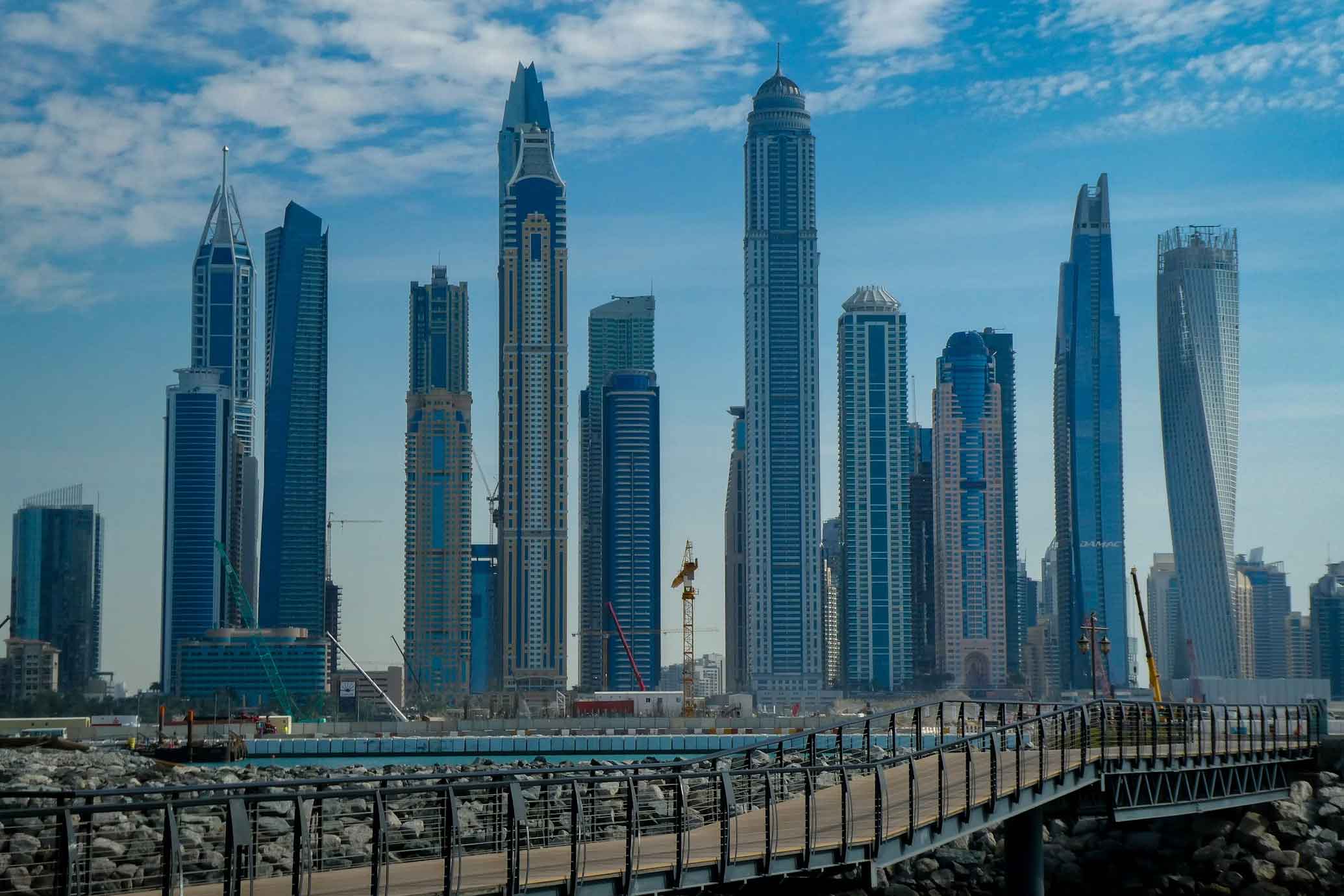A Recap of the UK Hospitality Sector’s Performance
In 2024, the UK hospitality industry showcased remarkable resilience and innovation, adapting to evolving consumer preferences, investment surges, and policy reforms. Quick Service Restaurants thrived on convenience, fine dining reached new culinary heights, and hotels redefined luxury for diverse guests. Technology and sustainability played pivotal roles, with establishments adopting eco-friendly practices and immersive experiences. As a key economic pillar, the sector boosted employment and GDP while setting the stage for even greater innovation and growth in 2025. Let’s dive in and take a recap of how the UK Hospitality industry did in 2024.
Quick Service Restaurants: Rising Demand Amidst Challenges
The QSR sector continued to thrive in 2024, driven by evolving consumer habits and technological advancements.
Revenue Growth:
QSRs benefited from increasing demand for affordable and convenient dining options. Delivery platforms and app-based services contributed significantly to the sector’s revenue growth, allowing businesses to adapt to modern consumer behaviors.
Source: Hospitality Trends
Sustainability Efforts:
Many QSR brands adopted eco-friendly initiatives, including biodegradable packaging and waste-reduction strategies, aligning with the broader sustainability trends in the hospitality industry.
Labor Shortages and Rising Costs:
The sector faced challenges with labor shortages and increased payroll expenses due to the rise in the National Living Wage to £11 per hour. Businesses had to innovate to manage costs and maintain profitability.
Source: Impact of Autumn Budget 2024 on UK Hospitality

Fine Dining: Culinary Excellence Prevails
The fine dining sector continued to shine in 2024, further cementing the UK’s reputation as a global culinary hub.
Michelin-Starred Growth:
London and other major cities saw a rise in Michelin-starred establishments, offering elevated dining experiences that catered to discerning clientele. These restaurants capitalized on high consumer spending and an increased interest in luxury dining experiences.
Source: Financial Times
Innovation in Dining Experiences:
Fine dining establishments embraced technology and creativity, from AI-curated wine pairings to immersive dining setups, ensuring they stayed relevant in a competitive market.
Market Growth:
The overall UK restaurant market was valued at approximately £23 billion, with projections to reach £27 billion by 2029, indicating a compound annual growth rate (CAGR) of 4.2%.
Source: Truly Experiences Blog
Price Increases:
According to Harden’s London Restaurants 2024 guide, there was a significant rise in the number of high-end establishments. London saw a 46% increase in restaurants charging over £150 per head, growing from 37 to 54 venues. Similarly, outside the capital, such establishments rose by 40%, from 40 to 56. Notably, the number of restaurants charging over £200 per head increased by 59% in London and 46% elsewhere.
Source: Restaurant Online
Consumer Preferences:
European cuisine maintained a dominant position, holding a 46.92% market share in 2024. Additionally, there was a growing interest in Latin American cuisine, identified as the fastest-growing segment with a projected CAGR of 7.91% from 2024 to 2029.
Source: Truly Experience Blog

Hotels: A Year of Investment and Innovation
The hotel sector stood out in 2024, showcasing robust growth and renewed investor confidence.
Surge in Transactions and Investments:
The UK hotel market saw its highest level of dealmaking in nearly a decade, with transactions totaling £3.08 billion—a 35% increase compared to 2023. Landmark deals included Blackstone’s acquisition of Village Hotels (£780 million) and Starwood Capital’s purchase of a 10-hotel portfolio (£800 million). Investors were drawn to the sector’s ability to offset rising costs with increased room rates, buoyed by pent-up travel demand.
Source: Savills UK Research
Luxury Hotels Flourish:
High-end hospitality witnessed significant growth, with demand for ultra-luxury stays priced at £1,000 per night or more, particularly in cities like London. Despite rising operational costs due to labor shortages, Brexit, and energy price hikes, affluent travelers from the Middle East and the US drove demand.
Source: The Times Luxury Travel Insights
Challenges in the Budget Segment:
While luxury thrived, budget hotels faced headwinds. Whitbread, owner of Premier Inn, reported a 13% drop in adjusted pre-tax profit to £340 million for the first half of the year, citing softer demand for budget rooms. However, the company remained optimistic about long-term growth by expanding room capacity and increasing shareholder returns.
Source: Financial Times

The UK Autumn Budget 2024
The United Kingdom announced its Autumn Budget in 2024. The government sought to use taxes and higher borrowing to finance increased public spending. The UK’s Autumn Budget for 2024 includes several key changes impacting the hospitality industry. Starting in April 2024, restaurants saw a 75% decrease in business rates (up to a £110,000 cap), but this will reduce to 40% in the 2025/26 tax year. Employers will face an increase in National Insurance contributions, rising by 1.2% to 15%, along with a lowered threshold for payments from £9,100 to £5,000. The national minimum wage will also increase in April 2025, with the living wage rising by 6.7% to £12.21/hour, and a 16.3% hike for 18–20-year-olds. Other notable changes include the removal of non-domicile tax status from April 2025, higher alcohol duties on non-draft beers, and frozen inheritance tax thresholds until 2030. Taxes overall will increase by £40 billion, alongside inflation-linked increases in tobacco duties.
The Overall Hospitality Landscape
The UK hospitality industry at large reflected resilience and adaptability amidst complex economic and policy conditions.
Policy Impacts:
The Autumn Budget 2024 introduced critical measures like reducing business rates relief from 75% to 40%, which increased operational costs for many businesses. However, the alcohol duty freeze provided some relief, particularly for establishments with significant beverage sales.
Source: Deloitte UK Hospitality Survey 2024
Consumer Preferences and Economic Trends:
Inflationary pressures eased slightly, leading to a shift in traveler preferences toward more expensive accommodations. This trend benefited the luxury and fine dining sectors while presenting challenges for budget-focused businesses.
Optimism for 2025:
Industry stakeholders remain optimistic, with predictions of 1-5% growth in Gross Operating Profit per Available Room (GOPPAR) and a continued focus on acquisition-driven growth. 72% of executives surveyed expressed confidence in the long-term potential of the UK hospitality market.
Source: Deloitte UK Hospitality Survey 2024

Conclusion
In 2024, the UK hospitality sector showcased its strength through a mix of innovation, strategic investments, and adaptability. While challenges such as rising operational costs and labor shortages persisted, the industry’s ability to align with shifting consumer preferences and leverage new opportunities set the stage for sustained growth. With robust investor confidence and evolving market dynamics, 2025 holds promise for even greater achievements across the hospitality spectrum.
Read more























